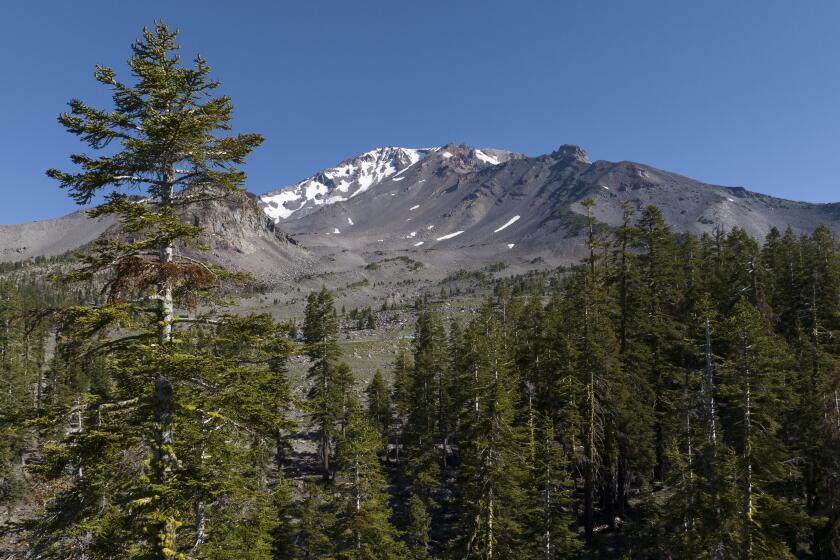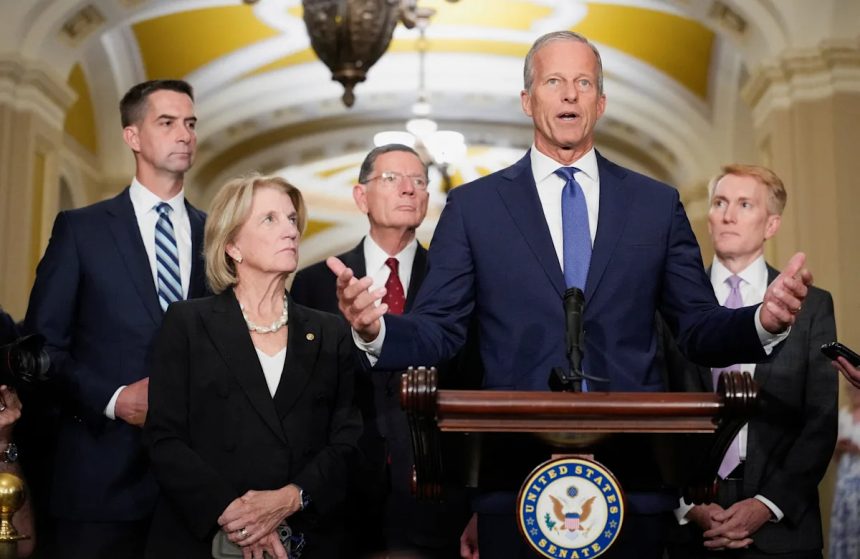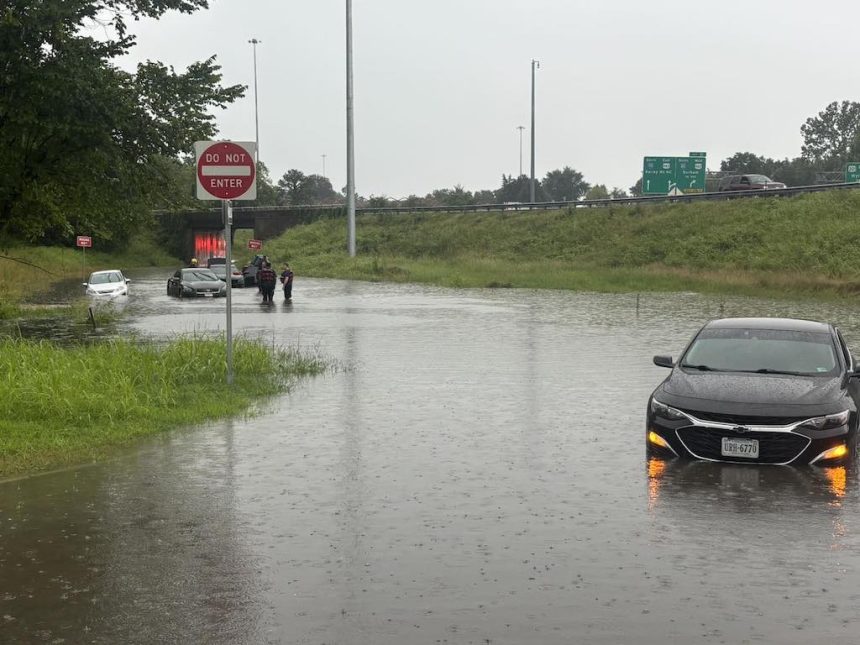The Trump administration on Wednesday took formal steps to rescind a decades-old rule that protects 58.5 million acres of wild areas in national forests, including 4.4 million acres in California.
United States Department of Agriculture Secretary Brook Rollins said the agency will publish a notice of intent in the Federal Register on Friday to roll back the so-called Roadless Rule, initiating a 21-day public comment period and moving the process closer to reality.
“We are one step closer to common sense management of our national forest lands,” Rollins said in a statement. (The USDA oversees the U.S. Forest Service.)
The rule was enacted by the Clinton administration in 2001 after years of work and record-breaking input from the public. It established lasting protection for specified wilderness areas within national forests by prohibiting road construction and logging which can destroy or disrupt habitats, increase erosion and worsen sediment pollution in drinking water, among other outcomes.
Rollins previously announced the agency’s intention to eliminate the Roadless Rule in June, saying at the time that the action would enable the federal government to better managefire risk and timber production in the national forests.
The action is in keeping with the Trump administration’s efforts to loosen environmental regulations. Trump in April issued an executive order to immediately expand timber cutting in the United States, while the Environmental Protection Agency has announced more than 30 actions to repeal rules on power plants, vehicle emissions, air pollutantion and efforts to curb planet-warming greenhouse gases.
“This administration is dedicated to removing burdensome, outdated, one-size-fits-all regulations that not only put people and livelihoods at risk but also stifle economic growth in rural America,” Rollins said Wednesday. “It is vital that we properly manage our federal lands to create healthy, resilient, and productive forests for generations to come.”
Read more: Trump administration rescinds ‘Roadless Rule’ that protects 58 million acres of national forests
The Roadless Rule touches forest areas in more than 40 states. In her announcement, Rollins said the rescission would not apply to Colorado and Idaho, which underwent separate rulemaking processes to create state-specific roadless rules. In total, the rescission would apply to nearly 45 million acres of the nearly 60 million acres of inventoried roadless areas within the National Forest system, she said.
In California, the rule encompasses about 4.4 million acres across 31 national forests, including the Angeles, Tahoe, Inyo, Shasta-Trinity and Los Padres national forests. Roadless Rule areas are distinct from designated wilderness, such as the six wilderness areas in the Angeles National Forest, which are established by acts Congress and can only be undone by acts of Congress.
Environmental groups were outraged by the development. The nonprofit group Defenders of Wildlife noted that roadless areas provide a critical safe haven for wildlife — supporting more than 220 species protected under the Endangered Species Act, which the Trump administration has also moved to narrow.
“The Roadless Rule is one of the best ideas the U.S. Forest Service has ever had and repealing it is one of the worst,” said Vera Smith, national forests and public lands program director at Defenders of Wildlife, in a statement. “This move will literally pave the way for the timber industry to clearcut backcountry forests that house endangered wildlife and are source waters for important fisheries and communities.”
Read more: Trump’s order to expand U.S. timber production includes all of California’s national forests
Chris Wood, president and chief executive of the conservation group Trout Unlimited, said roadless areas account for only 2% of the land base of the United States but provide unprecedented access to the outdoors and a safe haven for about 70% of native trout and salmon. Wood, who helped develop the Roadless Rule while working as a senior policy adviser at the Forest Service, said he would welcome a transparent and collaborative process to determine whether tweaks to the rule could improve it.
“Rather than rescinding the Roadless Rule and allowing that chaos to unfold, we encourage the Forest Service to work with stakeholders to develop solutions that continue to protect roadless areas and intact fish and wildlife habitat,” Wood said.
The Roadless Rule underwent considerable public input when it was implemented in 2001, receiving a record 1.6 million public comments, and tens of thousands of people participated in hundreds of public meetings, according to the Environment California Research and Policy Center.
“California’s wild forests are essential and beloved public lands and the Forest Service should not open them up to roads and development,” the group’s state director, Laura Deehan, said in a statement. “The still-wild parts of our national forests enable us to fully immerse ourselves in nature, whether hiking in the Sierras, stargazing in Lassen or spotting wildlife in Mendocino.”
Deehan added that the Roadless Rule also promotes healthy fish populations, and that unspoiled forests serve as better filters for clean water.
“It is more important to protect these lands than to get a little more pulp for paper, or to build one more mine or one more road,” she said. “Let’s keep our wild forests wild.”
The public will be invited to comment on the USDA’s proposal until Sept. 19.
This story originally appeared in Los Angeles Times.












